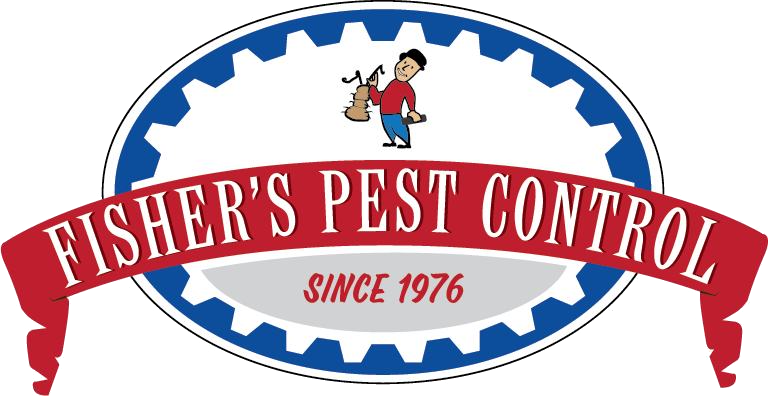Spiders play a natural role in balancing ecosystems by preying on other insects, but inside the home, they are far less welcome. Whether you’re concerned about web buildup, unexpected sightings, or simply want a cleaner, pest-free environment, long-term spider control requires consistent effort and targeted strategies.
Spiders are persistent, especially in regions where they can thrive year-round. While occasional sightings are normal, frequent or recurring appearances indicate it’s time to take action. Below are proven methods for reducing spider activity and preventing infestations in the long run.

Identify and Eliminate Web-Prone Areas
Understanding where spiders prefer to spin their webs is key to keeping them out. Webs tend to accumulate in areas that are dark, undisturbed, and quiet, making garages, attics, basements, and closets prime real estate.
Common web-prone spots include:
- Corners of ceilings and windows
- Behind large furniture
- Under staircases or inside crawlspaces
- Around outdoor light fixtures
- Inside storage containers or cardboard boxes
Regularly inspect these areas and remove webs as soon as they appear. Vacuuming is more effective than dusting, as it eliminates both the web and any spider egg sacs that may be present. For more insight into why webs might be triggering discomfort or irritation, it’s helpful to understand why spider webs can cause an itch.
Consistent cleaning not only deters web-building but also disrupts spider activity before it becomes embedded in your living space.
Reduce the Insect Population They Feed On
Spiders rarely stick around without a steady food source. Since their diet consists mostly of insects, keeping the general pest population in check is one of the most effective forms of spider control.
Steps to reduce insect activity include:
- Sealing cracks around windows and baseboards to limit entry
- Using yellow outdoor lighting, which attracts fewer flying insects
- Storing food in airtight containers and cleaning up crumbs promptly
- Keeping trash bins tightly closed and emptied frequently
- Installing mesh screens on doors and windows to block flying pests
Spiders often set up residence in areas rich in prey. By cutting off their food supply, you make your home a less attractive environment. It’s also worth exploring how spiders eat other pests and the implications this has for broader pest management.
Implement Structural and Environmental Modifications
Some of the most powerful spider prevention tools involve changing the home environment itself. This doesn’t require major renovations but instead focuses on minimizing spider entry points and preferred conditions.
Recommended modifications include:
- Seal entry points: Use caulk or foam sealant around windows, doors, vents, and cable openings. Even the smallest gaps can be entryways for spiders.
- Declutter: Spiders love hiding among stored items. Reduce clutter in garages, basements, and under furniture to limit shelter opportunities.
- Outdoor maintenance: Trim shrubs, grass, and tree branches away from your house. Spiders often move from vegetation to the structure.
- Minimize exterior lighting: Bright lights attract flying insects, which in turn attract spiders. Use motion-sensor lights or relocate lighting away from entry points.
- Install weather stripping: This not only conserves energy but also prevents insects and spiders from slipping through under doors or windows.
These physical barriers make your home far more difficult for spiders to enter and inhabit.
Practice Routine Housekeeping for Prevention
Good habits go a long way in maintaining a spider-free environment. Even if your home seems clean, certain overlooked behaviors can lead to increased pest activity. Integrate these tasks into your regular routine to keep spiders at bay.
Daily and weekly spider-proofing practices:
- Vacuum floors, carpets, and corners regularly
- Shake out blankets, towels, and linens that have been stored
- Store shoes, bags, and clothing in closed closets or containers
- Check window sills and door frames for egg sacs
- Keep sinks and drains clear of debris, especially overnight
Don’t underestimate the value of consistency. A single missed area could become the next spider hiding spot.
Know When to Involve a Professional
Despite your best efforts, some spider problems are more persistent than they appear. Older homes, homes with excess moisture, or those near wooded areas may experience repeated spider issues that require advanced intervention.
Professional spider control services bring several advantages:
- In-depth inspection of hidden or high-risk areas
- Identification of both spiders and the pests that attract them
- Targeted treatments for both active spiders and eggs
- Advice on long-term prevention unique to your home’s structure and surroundings
If spiders continue to appear after repeated efforts, it may be time for professional support. Not only can this save you from frustration, but it also ensures any underlying pest problems are addressed comprehensively.
The Takeaway
Long-term spider control requires a mix of knowledge, habit, and structural awareness. Spiders are opportunistic, and if they find your home inviting, they’ll return again and again. That’s why your best defense is a proactive strategy, one that keeps your space clean, sealed, and free of the prey they seek.If spiders have become an ongoing issue or you want to ensure your home is protected throughout the year, consider reaching out to Fisher’s Pest Control for a professional inspection and customized treatment plan.





